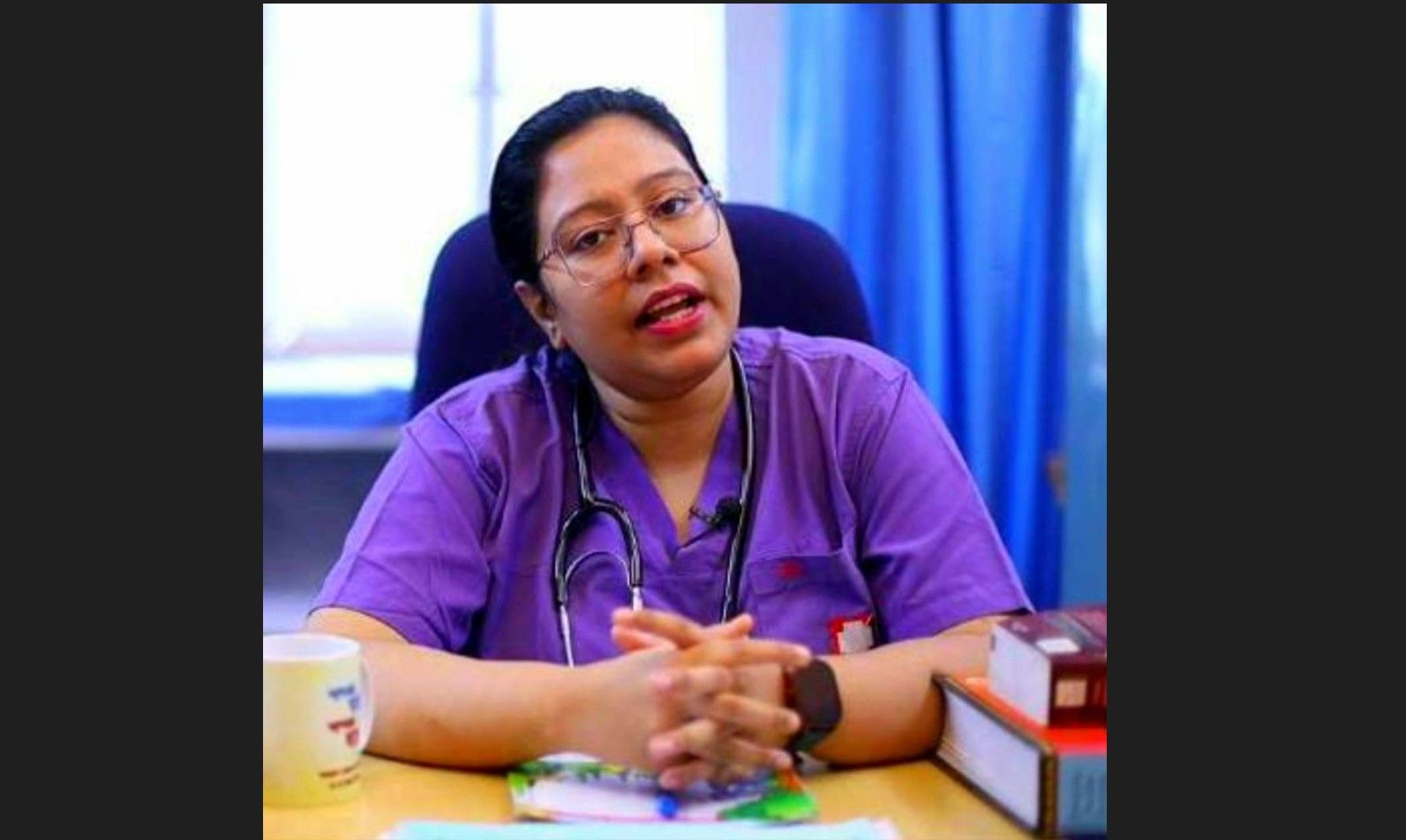- Home
- Speciality specific Q&A
- Paediatrics
- Child Health Issues
My daughter got her 6-week vaccination on March 8, and since then, there's been a small lump on her thigh. The doctor suggested hot water treatment, but the lump is still there. Should I be worried or is this normal? What else can I do to help her?
My daughter got her 6-week vaccination on March 8, and since then, there's been a small lump on her thigh. The doctor suggested hot water treatment, but the lump is still there. Should I be worried or is this normal? What else can I do to help her?
My daughter got her 6-week vaccination on March 8, and since then, there's been a small lump on her thigh. The doctor suggested hot water treatment, but the lump is still there. Should I be worried or is this normal? What else can I do to help her?
Is it normal to get a lump after an injection? Getting a lump under your skin is a normal and expected injection site reaction. The lump may be painful or tender. As with other symptoms related to injection site reactions, get medical attention if your symptoms last longer than 1 to 2 days or get worse.



